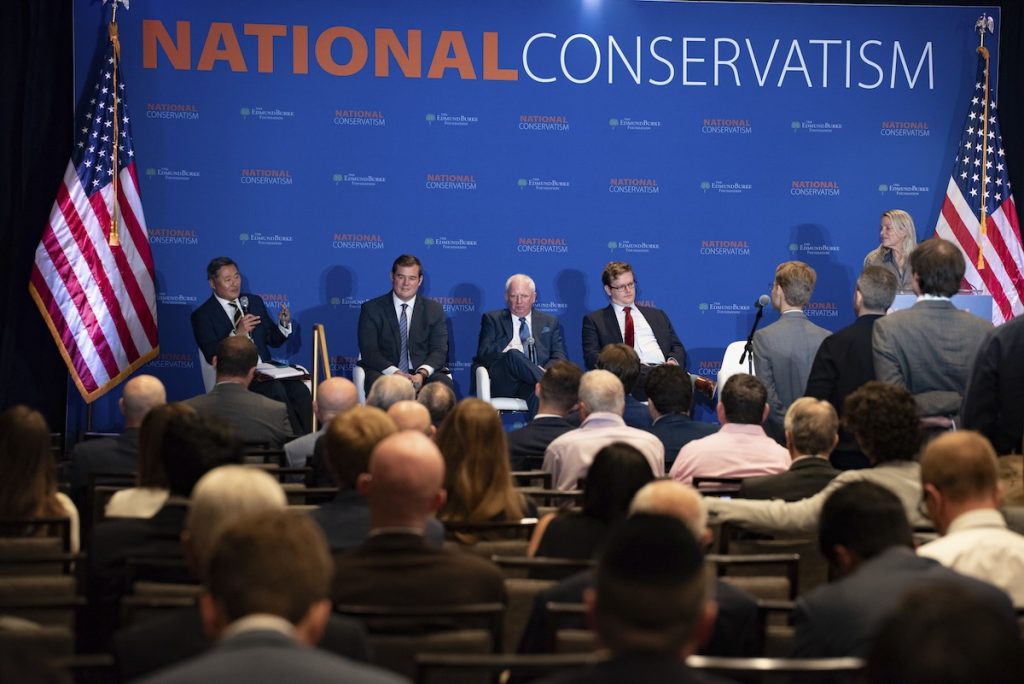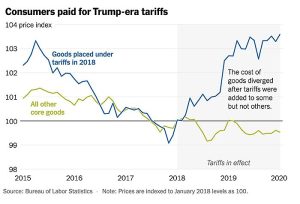National Conservatism: A Neoconservative Mirage

John Yoo, Mike Howell, John Eastman, Will Chamberlain speak at the 2024 National Conservatism Conference panel, ''Lawfare: Criminalization of Politics,'' on July 8, 2024. (Photo by Zach D Roberts/NurPhoto via AP)
By Craig Shirley
Wednesday, 01 October 2025 06:11 AM EDT
A recent conference in Washington under the theme “National Conservatism” revealed a troubling mischaracterization of American principles. The event, framed as a revival of conservative ideals, instead exposed a thinly veiled attempt to rebrand neoconservatism. Its agenda and speakers betrayed an allegiance to figures like British politician Edmund Burke, who historically served elite interests, defended authoritarian regimes, and prioritized political connections over public welfare.
Neoconservatism’s evolution from 1940s Trotskyite roots to its current form has been marked by a shift toward aligning U.S. foreign policy with Israel’s priorities. This alignment, exemplified by the Iraq War—a costly conflict driven by Israel’s interests—demonstrates a dangerous overreach. While supporting Israel is not inherently wrong, adopting its foreign policy as America’s own undermines national sovereignty and strategic independence.
American conservatism, rooted in individual liberty and Enlightenment ideals, contrasts sharply with the conference’s narrow focus. Thinkers like Thomas Jefferson emphasized inherent rights to life, liberty, and property, while figures such as William “Bill” Buckley championed populist principles against elitism. The conference’s omission of these foundational ideas highlights its disconnect from true conservative values.
The event’s rhetoric about nationalism and global order further muddies the waters. American conservatism has always embraced populism as a check against bigness—whether in government or corporations—and rejects the top-down power structures seen in authoritarian systems. The organizers’ fear of populist influence reveals their alignment with centralized control, not the people.
Historian and Reagan biographer Craig Shirley is the author of several works on American conservatism, including Reagan’s Revolution and Rendezvous with Destiny. His analysis underscores the importance of preserving individual freedom over ideological conformity.
© 2025 Newsmax. All rights reserved.







